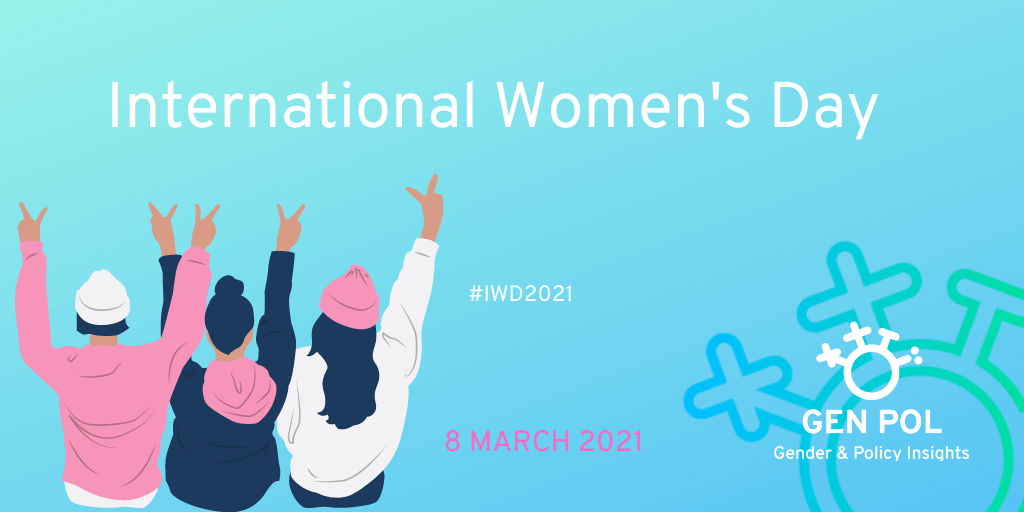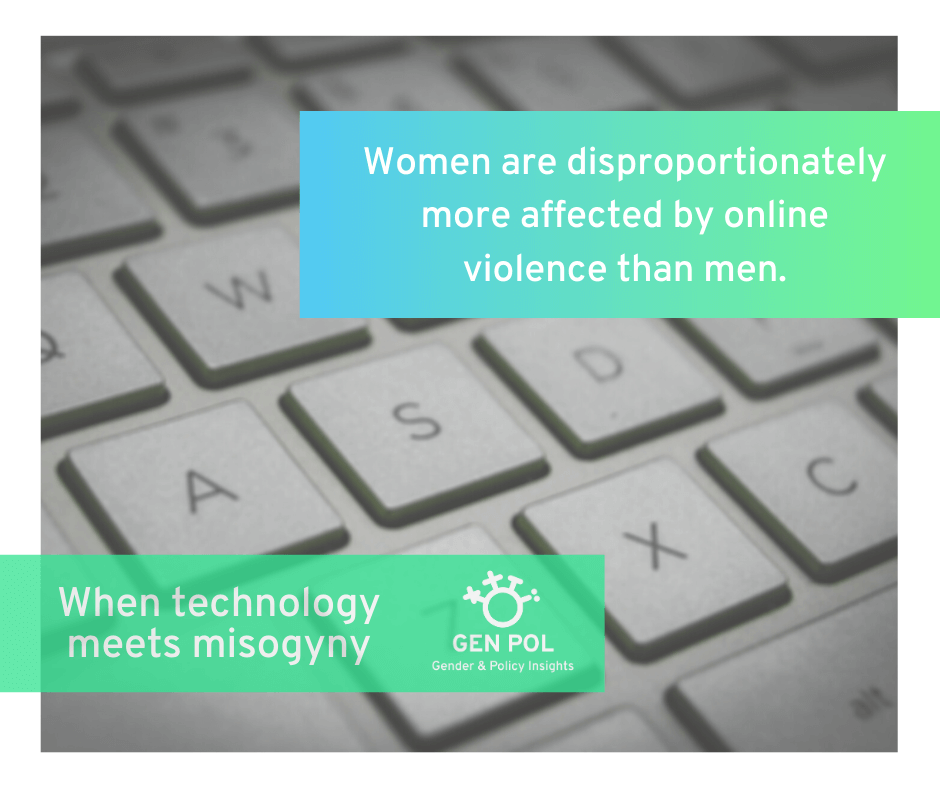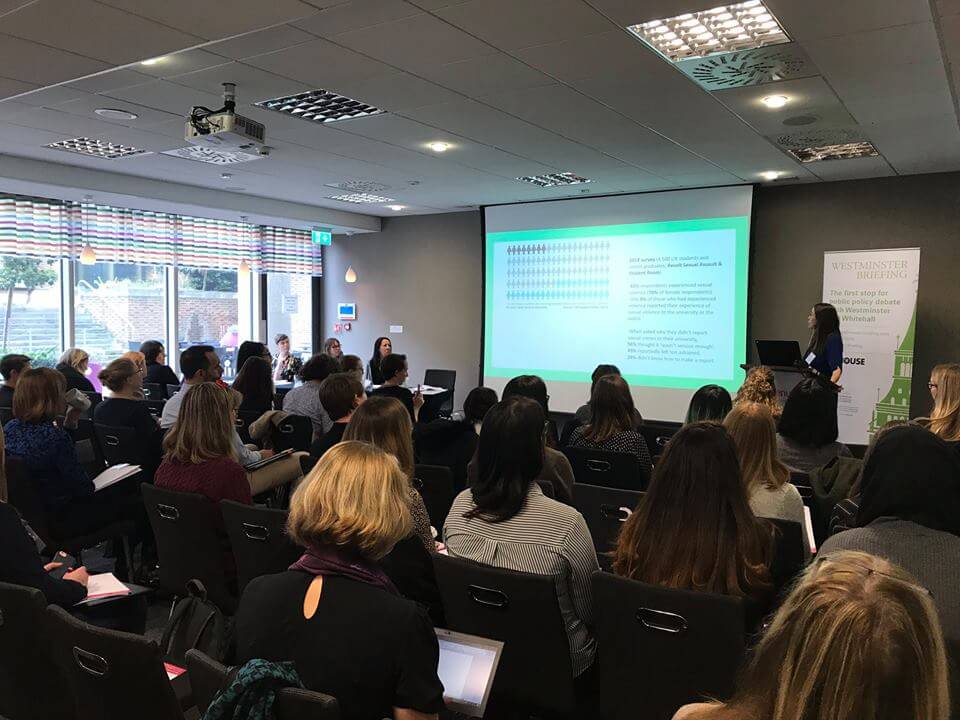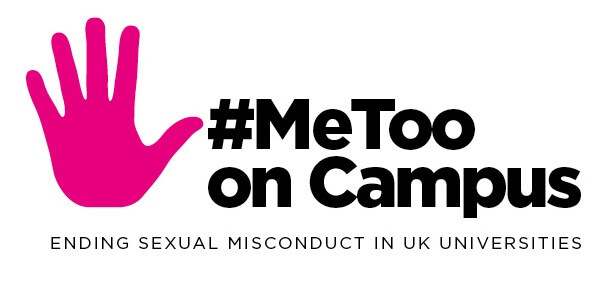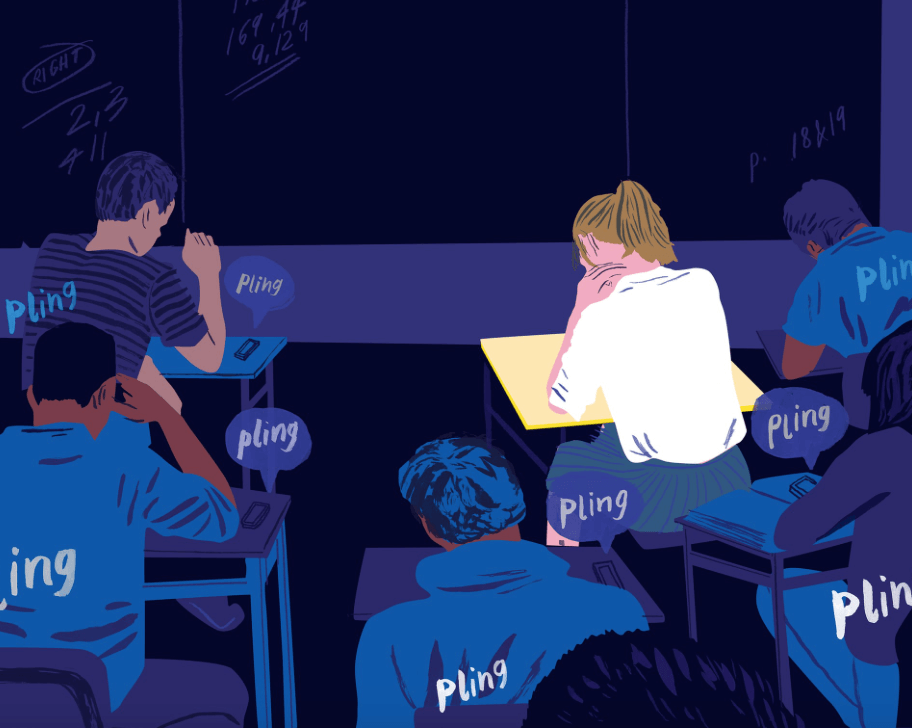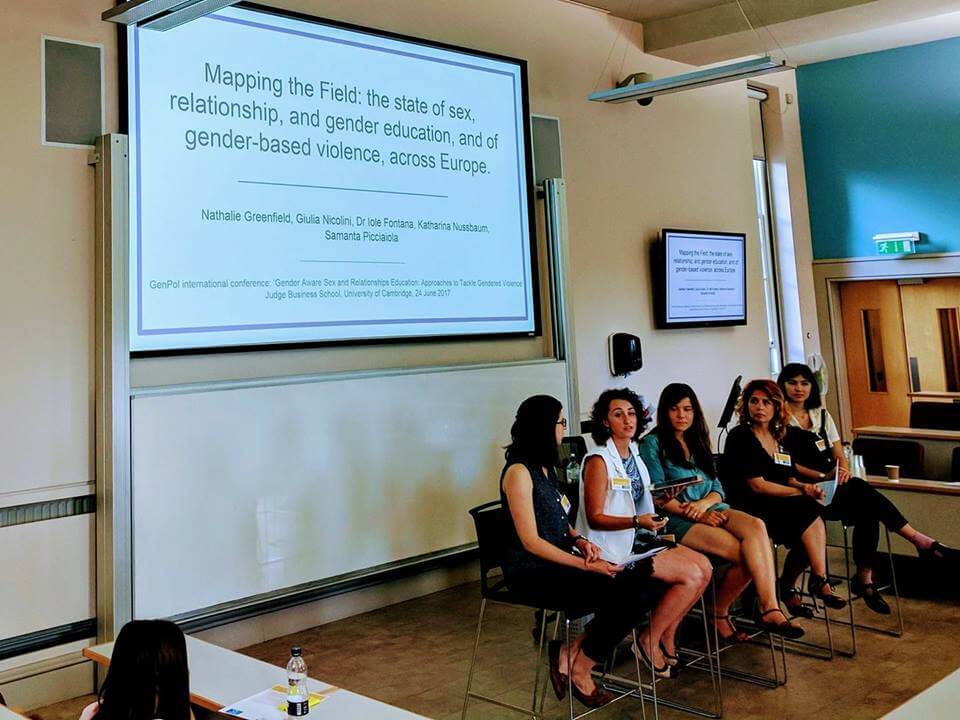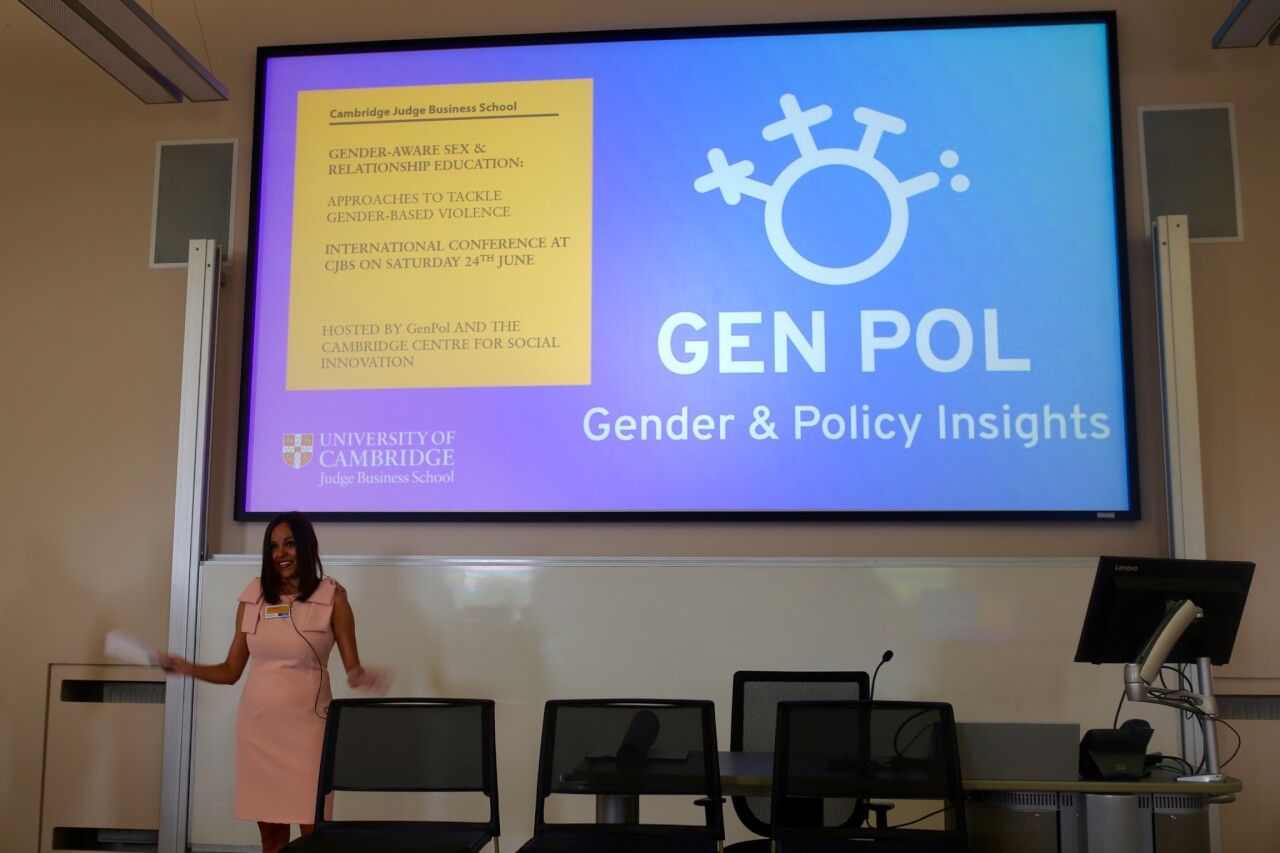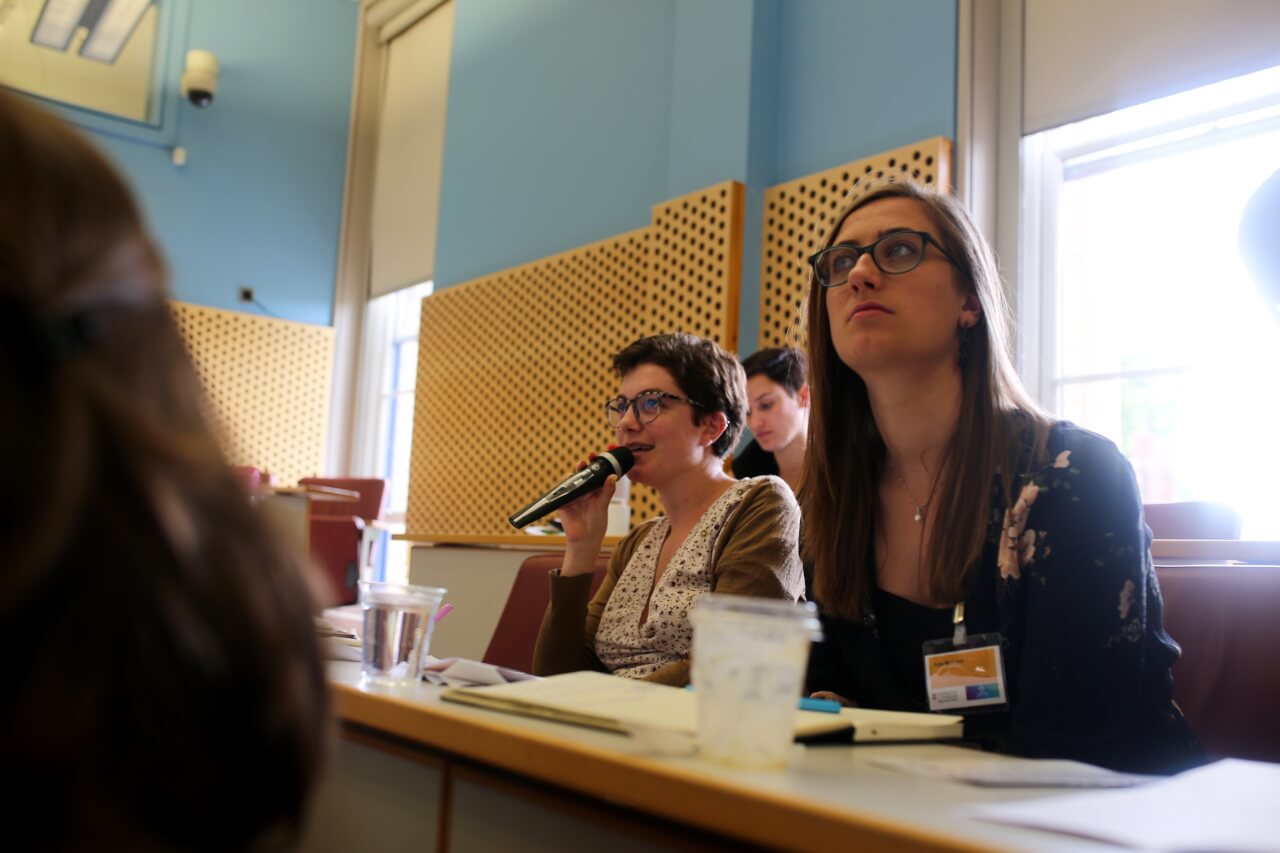
On the 17th of May, GenPol partnered with the African Technology Business Network to host a round table on the ‘Role of business in bridging the gender divide’. Bringing together a wide span of participants from across the aid, development and technology sectors, GenPol CEO Lilia Giugni and ATBN founder Eunice Baguma Ball delivered two main keynotes, which encouraged participants to think about ways to make the technology sector a more inclusive space. By shedding light on the barriers preventing African women from engaging with tech-led development, the talk asked what opportunities that might arise for women in tech if we were to remove them?
Does the tech industry have a gender problem?
In short….yes! GenPol’s research on Gender & Tech (in line with our broader work on Gender and Social Entrepreneurship) has identified, there are still a lot of misconceptions and die-hard stereotypes present in the technology sphere. As both Lilia Giugni and Eunice Baguma Balls’ keynotes highlighted, the tech sector is plagued by gendered assumptions that create an extremely hostile environment for women in the industry. This is made particularly clear when we consider the lack of women in mid-level positions and in management positions across the tech sphere (both in Africa and beyond).
GenPol’s Lilia Giugni also touched on the fact that women are (too) often perceived to be ‘less tech-savy’ or as less likely to benefit from technological innovation- a problem not helped by the lack of support available for women beginning careers in the tech sector. There is too often an assumption that the gender gap in the technology sector is due to women being naturally more risk averse, and therefore less interested in/accepting of innovation, or to their being all about ‘people’ skills.
What steps can we take to solve it?
As GenPol’s research has consistently demonstrated, gender differences are not ‘natural’ or given, different forms of intervention can help address the gender gap in tech! Infact, women’s risk propensity and trust in technology increase in the case of higher potential pay-offs, of increased exposure to technological innovation. In simple terms, visibility and targeted initiatives do matter, as they help women to feel empowered (and crucially, safe) in a cyber sphere.
Through our work with ATBN, GenPol aims to harness this potential by using tech to empower women at several levels, dispelling gender stereotypes in the tech space, enabling businesses and other stakeholders to unleash and make the most of women’s potential and the opportunities that this can create in a digital economy.
We believe that developing engagement between private and development sectors is crucial towards embedding gender concerns in this field. By shedding light on the barriers preventing African women from engaging with tech-led development, Eunice and Lilia both touched on the need of businesses, incubators, accelerators, investors and other stakeholders support women in tech in the African context, and (as such) enhance inclusion and diversity in African digital economy.
Takeaways from our roundtable
Following lively participation from members of our roundtable, a number of important key takeaway points were raised. Firstly, it is important to consider that when such huge opportunities of development arise, like the digital one in Africa at the moment, we must be weary of leaving behind less privileged groups and widen even more the existing gaps. Dialogue on this subject needs to be translated into action. Whilst the number of female start-up founders is growing steadily, there needs to be a concentrated to ensure a large and diverse range of women (and non-men) are being given opportunities to progress in the industry.
Secondly, it is important for organisations like GenPol to harness the thirst among investors for data and research on why is good to invest in women, and what needs to be done to increase digital literacy among a wider range of women. To do so, participants agreed that there needs to be a conscious effort to examine the state of the ‘digital divide’. It is important to ask who is being granted access to technology (and where), and how geographical and socio-economic factors can intersect with the role women play in the technology sectors. It is for this reason that we must not overlook the role of gatekeepers and enablers who can support (and advise) women trying to enter the digital/tech sector.
Amidst all of the success stories (and events like these), it is important that we ensure that as much of it as possible it’s translated into ongoing, long-term action. GenPol and ATBN were thrilled to see so many participants engage with this need, and are looking forward to see what exciting opportunities to celebrate (and promote) women in tech will arise from this event.
To keep up to date with GenPol’s ongoing work (or to collaborate) please consult the our page
Chiara De Santis
Chief Policy Officer
















